
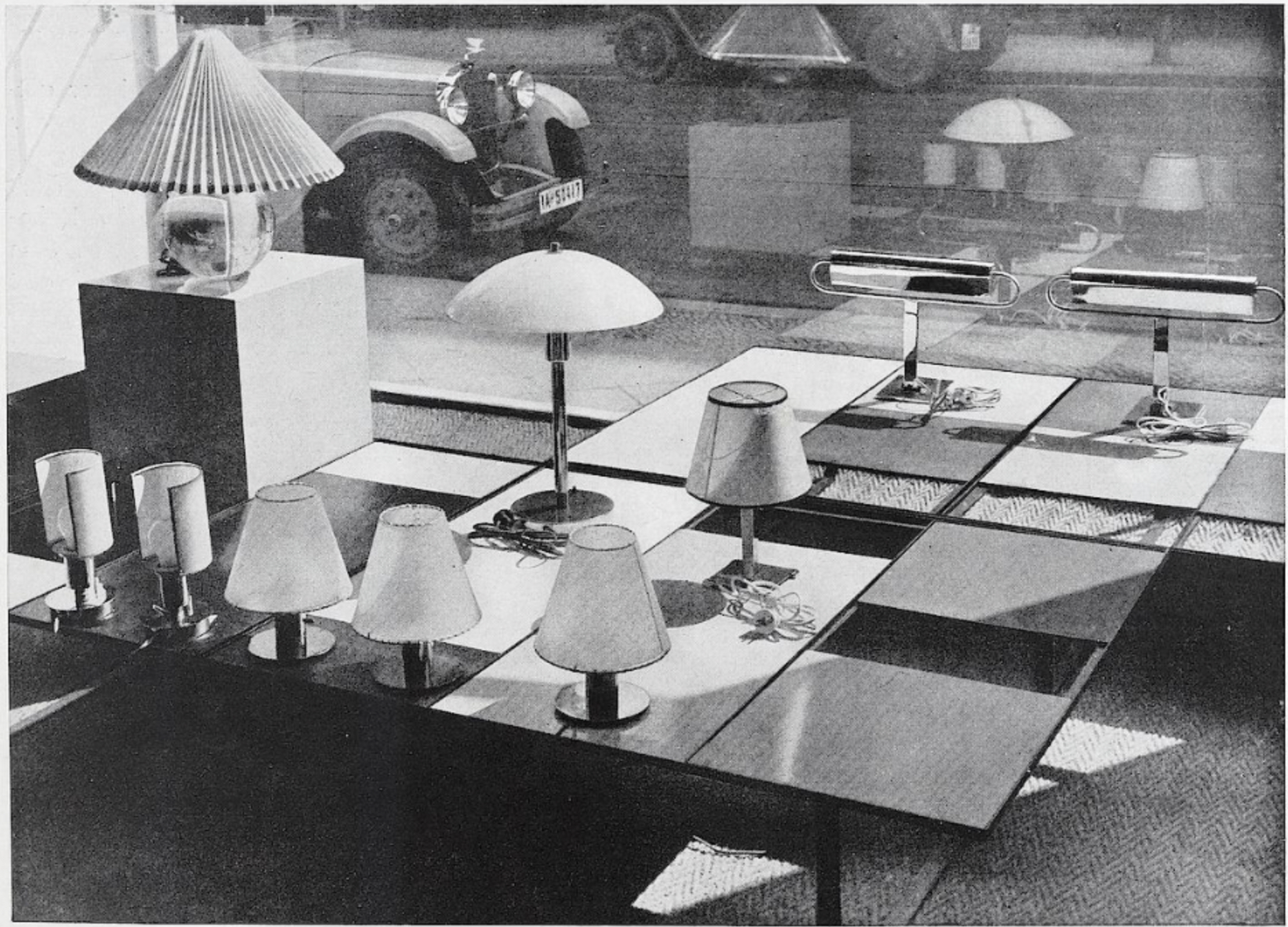
The Missing Archive:
Bauhaus Designers and the Holocaust.
Presentation by Elizabeth Otto, PhD, Buffalo, NY
May 3, 2023 @ 12:00 pm - 1:00 pm
| FreeHistories of Germany’s Bauhaus art and design school (1919–33) usually position it exclusively as a movement in exile as soon as the Nazis took power in 1933. In fact, the vast majority of its members remained and embraced Nazism, survived it, or became its victims. In this talk, art historian Elizabeth Otto scrutinizes traces of the work and lives of Bauhäusler who, through their imprisonment and often deaths in the concentration-camp system, have largely been lost to the history of the Bauhaus movement. Using archival sources—often scant materials preserved by family members and friends, including documents, photographs, and private memoirs—she reconstructs aspects of these artists’ work and lives and considers how to write the histories that Nazi violence has taken from us.
Presentation by Elizabeth Otto, PhD, professor for modern and contemporary art history and gender studies at the State University of New York at Buffalo, followed by Q&A. Moderated by Rachel Stern, director of the Fritz Ascher Society.
Image above: Wanda Debschitz-Kunowski, photograph of a design for a variable window display with modern lighting designs from the firm of Goldschmidt & Schwabe. Display by Otto Rittweger (with help from Charlotte Rothschild?) Published in the design journal Die Form in 1931
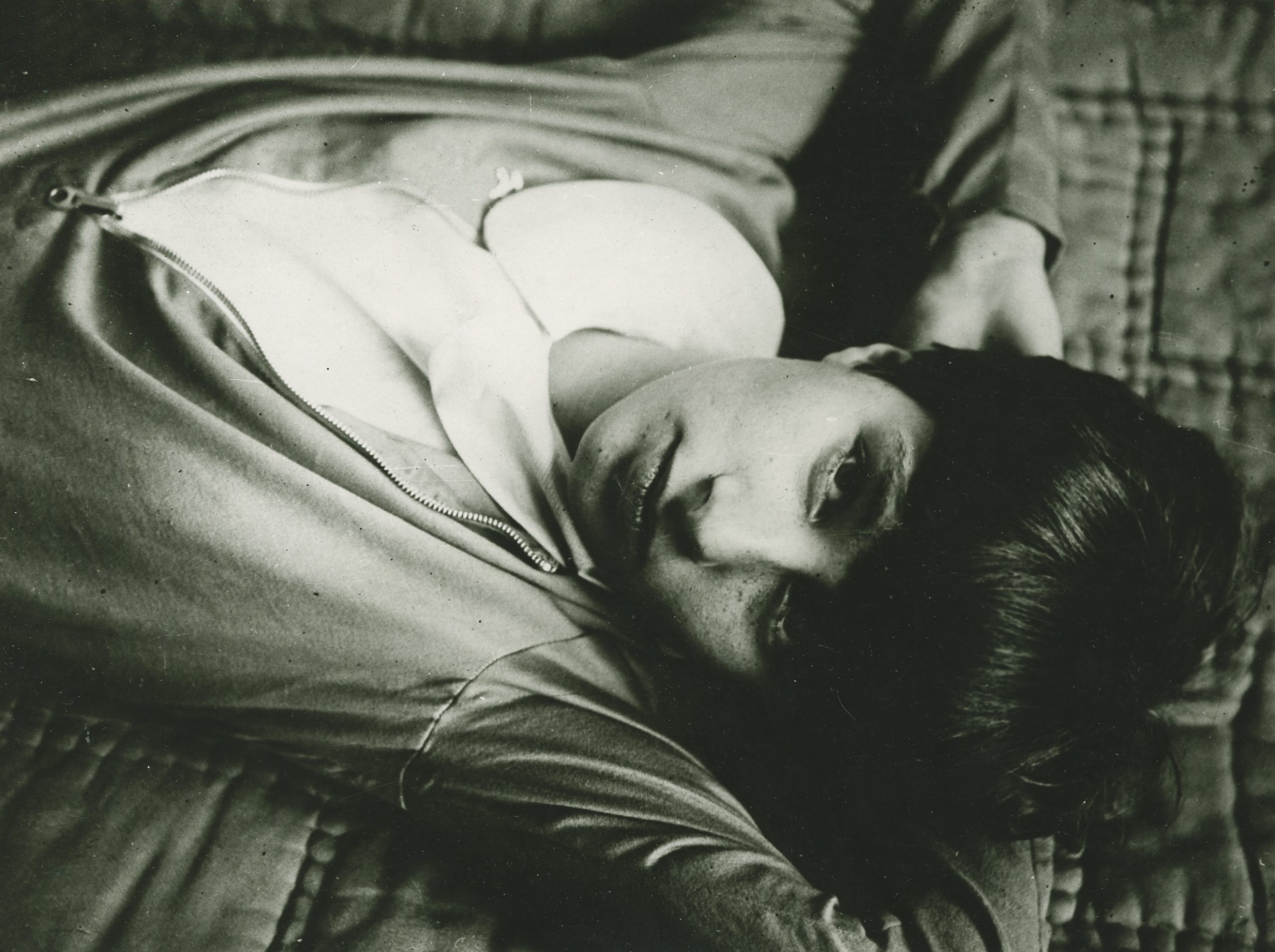
Photographer Unknown, Portrait of Lotte Rothschild, early 1930s. Gelatin silver print. Private collection
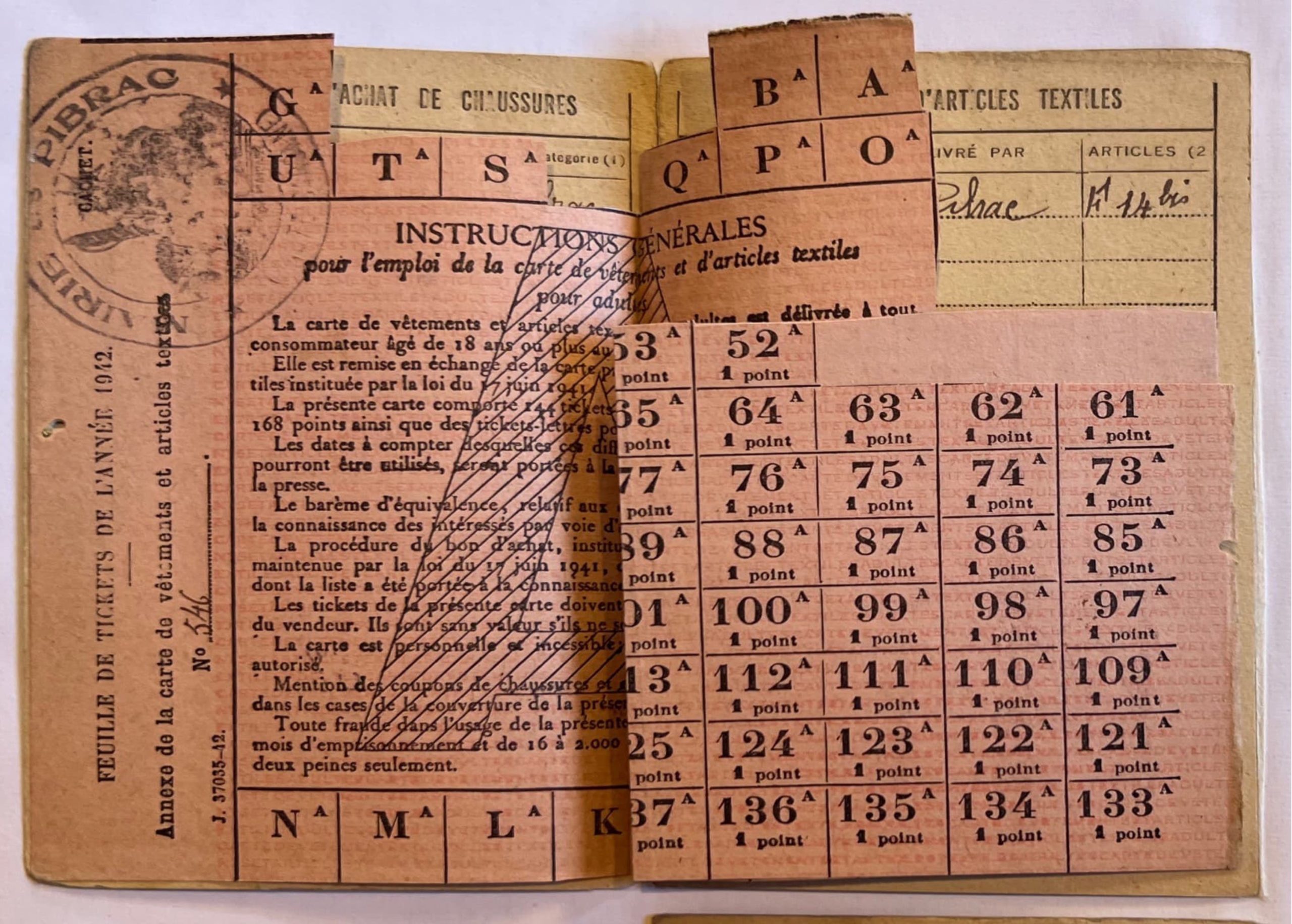
Interior of Charlotte Rothschild Menzel‘s French clothing and textile ration book with a false identity as Charlotte Flocon, a (non-Jewish) Swiss national; probably counterfeited by Moses Bahelfer, 1943. Private collection
Lotte Rothschild (1909-1944) was born in Frankfurt-am-Main and studied applied arts at the Bauhaus in Dessau. She designed industrial objects and metal furniture. After her studies she worked as a designer, craftswoman and technical translator. At the Bauhaus she met her future husband, Albert Mentzel. Born 1909 in Berlin, he studied painting and advertising design from 1928 to 1931 with Hans Albers, Paul Klee and Wassily Kandinsky. He belonged to the theater troop of the painter, choreographer and theoretician, Oscar Schlemmer. When Hitler assumed power in 1933, they left for France, where the Jewish-born Lotte later lived under an assumed identity.
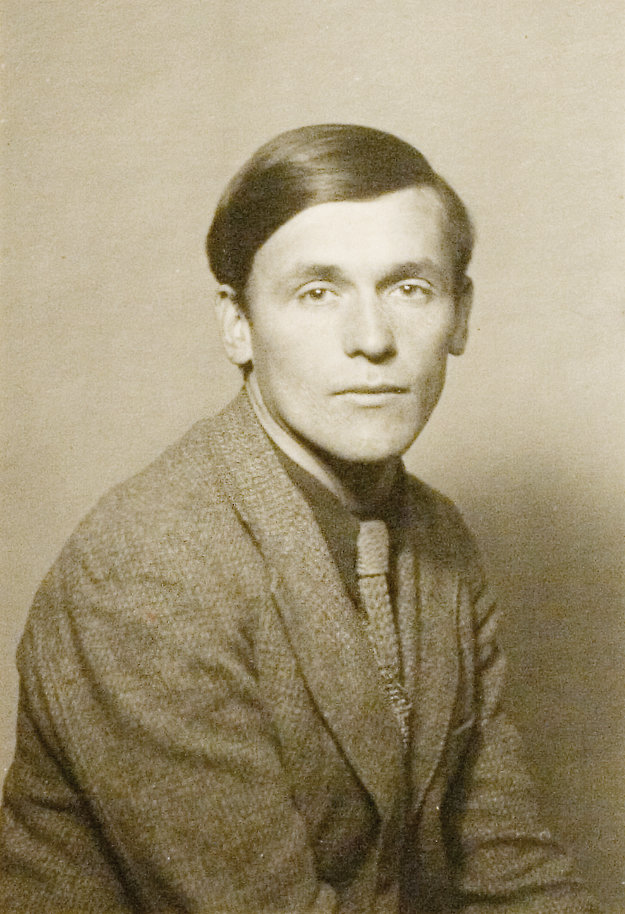
Photographer Unknown, Portrait of Richard Grune, c. 1922. Collection Schwules Museum, Berlin
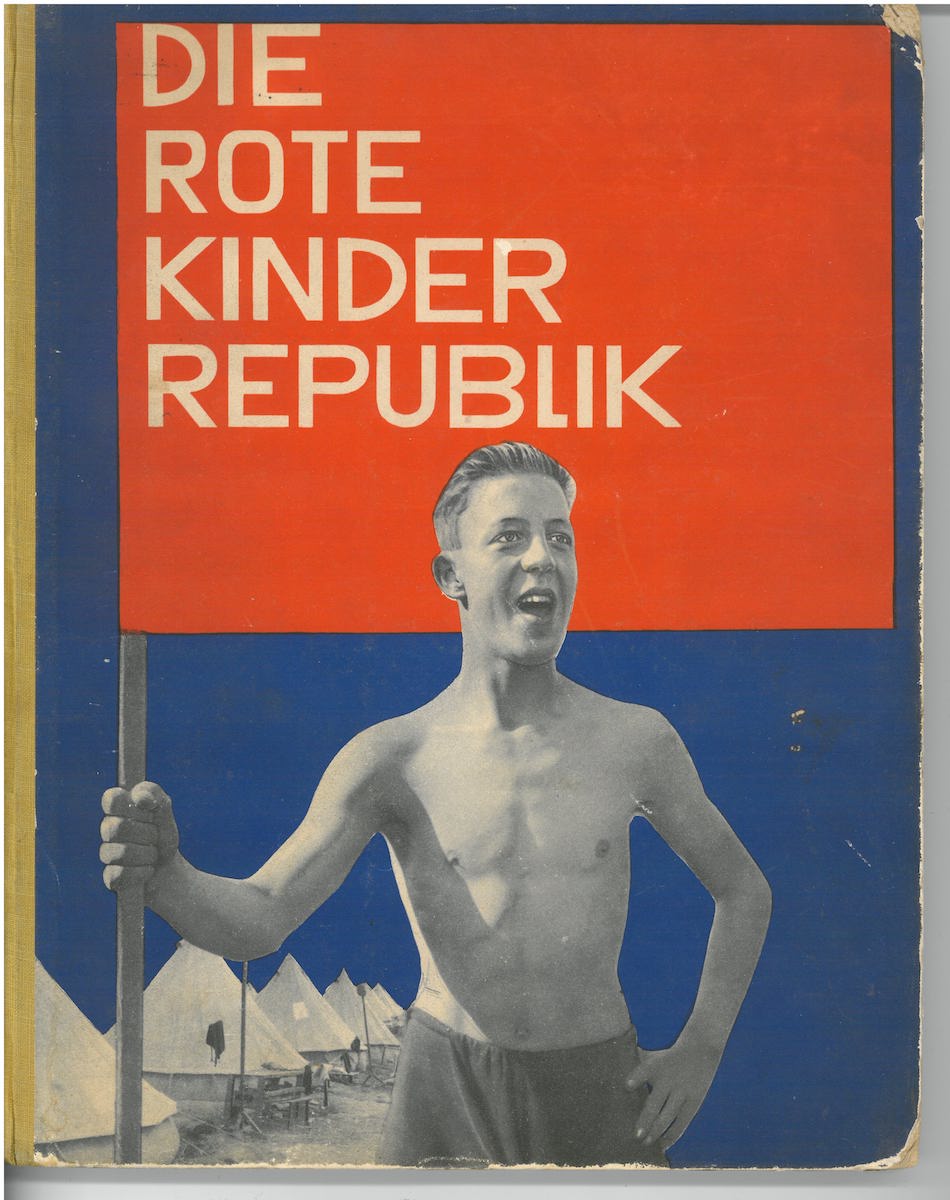
Richard Grune and Niels Brodersen, cover of The Children’s Red Republic: A Book by Workers’ Children for Workers’ Children (Berlin: Arbeiterjugendverlag, 1928).
Richard Grune (1903-1983), formally trained at the Bauhaus school in Weimar under teachers including Paul Klee and Wassily Kandinsky, moved to Berlin in February 1933, to work as a graphic artist. In 1934, he was denounced as homosexual. From then on, he was in protective custody much of the time and eventually sent to a concentration camp in 1937.
This event is part of our monthly series Flight or Fight. stories of artists under repression.
Future events and the recordings of past events can be found HERE.
The Fritz Ascher Society is a not-for-profit 501(c)3 organization. Your donation is fully tax deductible.
YOUR SUPPORT MAKES OUR WORK POSSIBLE. THANK YOU.


